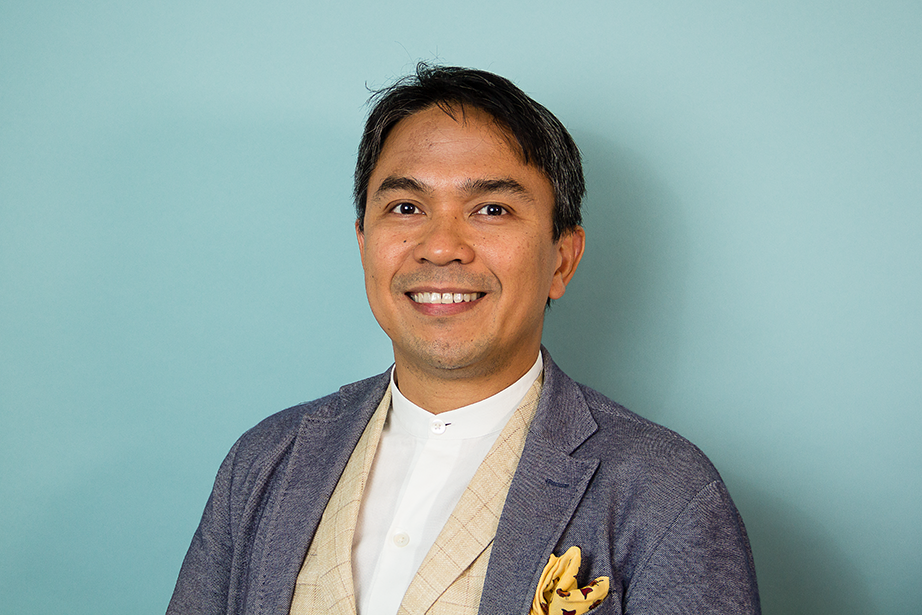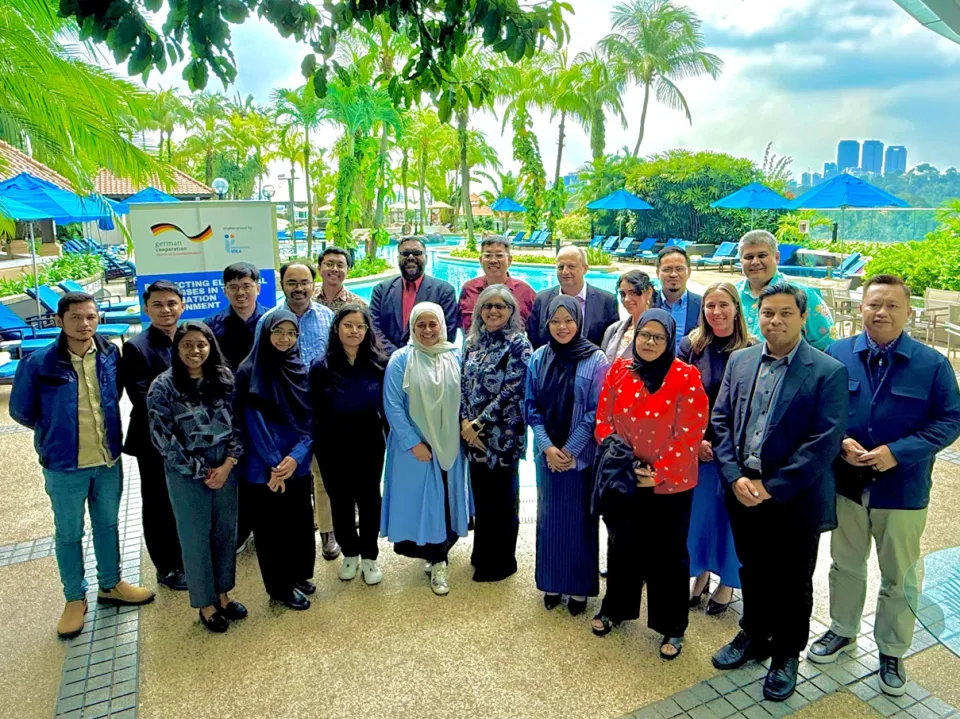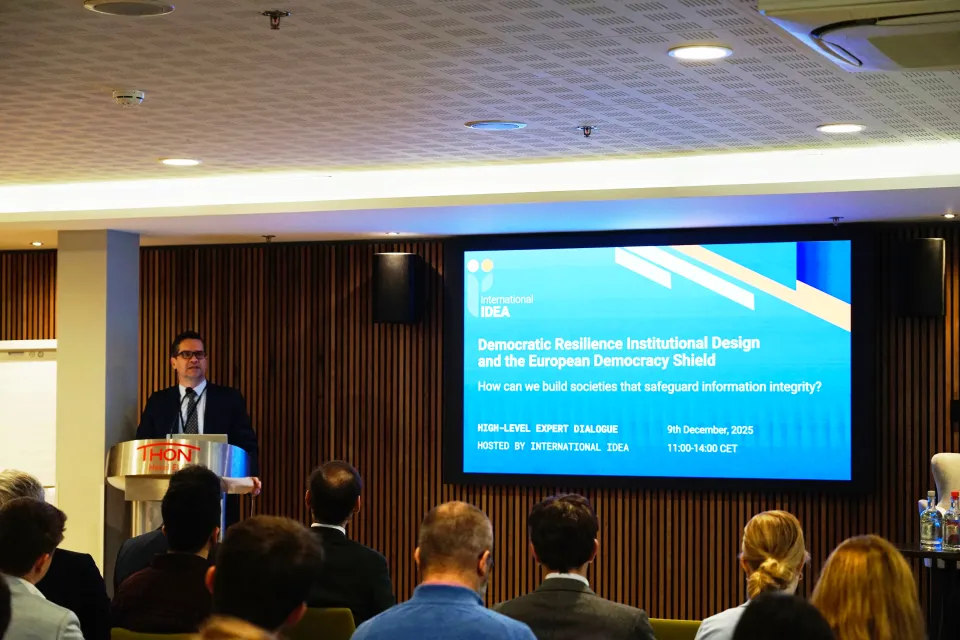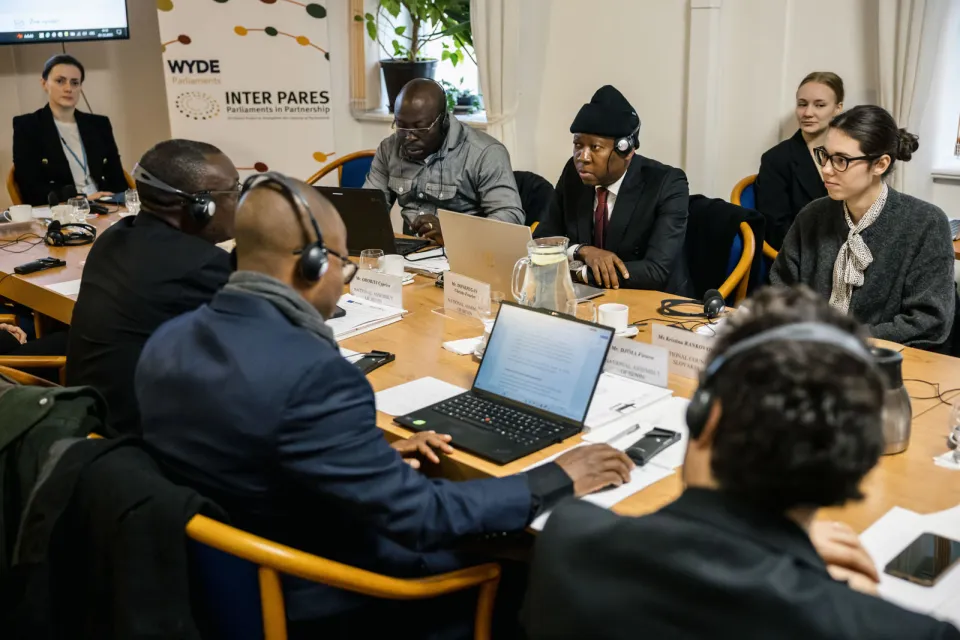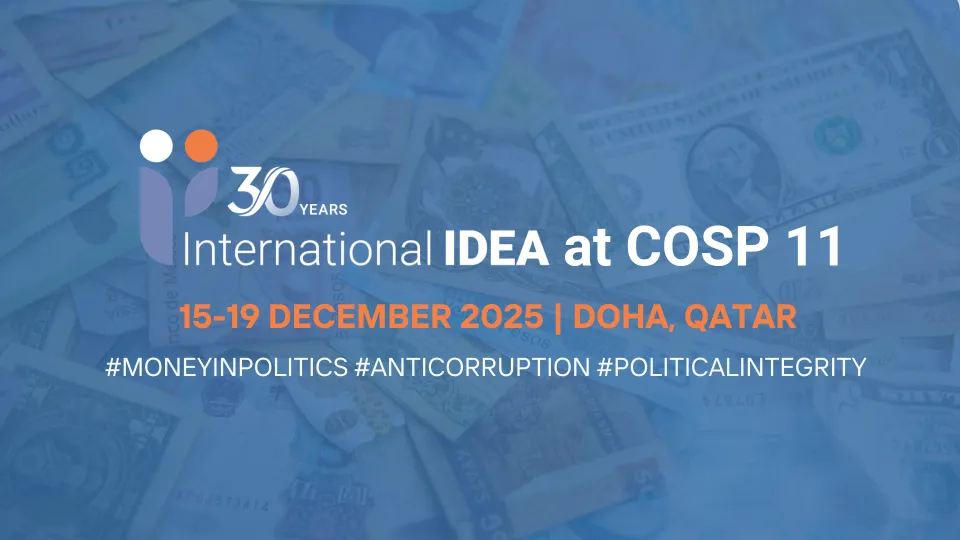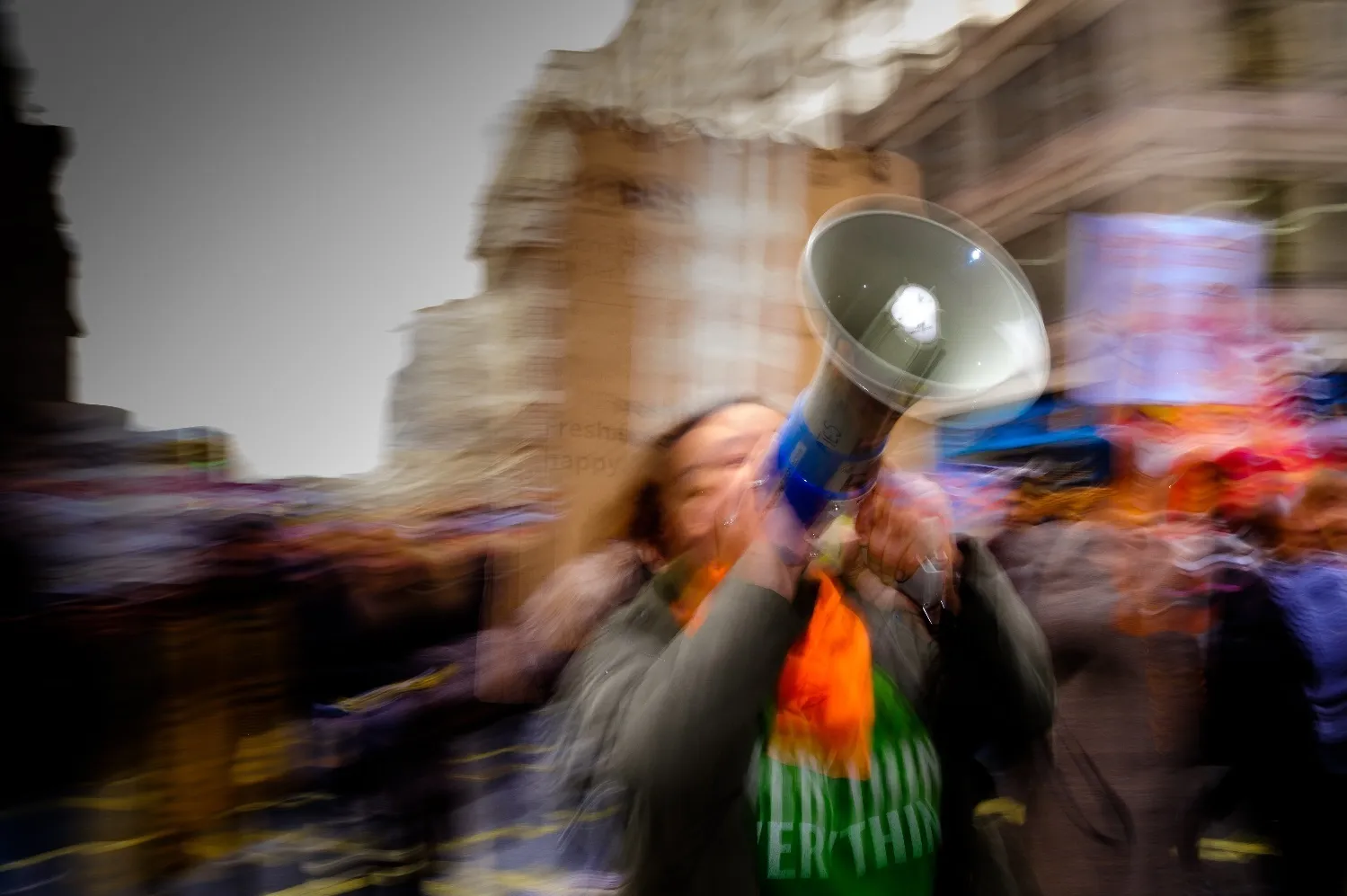
Civic education has taught us that showing up at the ballot box is the main way we can have our say in our democracies. By voting, we get to select the candidates or political parties that best represent our views. Through this, we can determine which laws and policies in the realms of education, healthcare and social welfare are sustained or enacted. Thereby, we decide which officials will represent us in determining the direction that our democracies will take.
In today’s democracies though, voting is no longer enough.
At least three reasons come to mind. Firstly, and unfortunately, not everyone votes. According to Voter Turnout Trends around the World, “despite the growth in the global voter population and the number of countries that hold elections, the global average voter turnout has decreased significantly since the early 1990s”. Some voters do not see a viable candidate or political party to choose from. Some just do not care enough to vote. This apathy is undermining democracies around the world, as Secretary-General Yves Leterme highlights in his video message.
Secondly, democracy does not equal elections. While what we do on election day matters, the electoral cycle reminds us that what happens before and after elections is equally as important.
Holding elected representatives accountable for the policies that they stand for is vital – are they carried out, or left on the wayside? In between elections we should participate in public hearings and consultations to make our concerns known. We need to exercise and safeguard the human rights that our afforded by our democracies. For their part, governments and political parties should ensure that they remain responsive to the needs of the citizens. This should not just be limited to election campaign periods in a bid to get reelected. Institutions should work together to allow for continuous citizen engagement to sustain democracy.
Thirdly, citizens have become more active and vocal in their views. Often by-passing traditional democratic institutions such as political parties, they have taken to the streets to protest and advocate for policy changes. Alongside advancements in information and communications technology, they demand more accountability from their officials via social media.
This phenomenon has challenged the traditional methods of political engagement by allowing the entry of other actors and the development of innovative forms of political participation. Importantly, they allow for average citizens to engage with ease. In Artivism for the construction of citizenship, we see how art can be utilised to combat corruption and strengthen democracy in Peru. In Random Assemblies in Constitution Building Processes, we are introduced to random assemblies, which are increasingly being set up to ease constitutional reform, such as the case of the Irish constitutional referendum on abortion. In Young people in Tunisia's post revolution politics, we are presented with the evolving political engagement of young people in a country that recently underwent a democratic transition. Notably, several civil society organizations led by young people are actively monitoring public life in the country.
Not all countries however, welcome this expanded role of citizens and civil society organizations. Instead of allowing these political innovations, some countries have started clamping down on them. Is the space for civil society shrinking? draws on data from the Global State of Democracy Indices to delve into the statistics around this hotly debated topic.
We at International IDEA believe that political innovations are the future of citizen engagement. If aptly managed, they could show a way of building and sustaining trust between the institutions and actors in any democracy. The prospects of these political innovations are explored further in After the shared economy, a shared democracy?
It is ultimately up to you to determine how you wish to engage in politics. You must recognise though, that your views matter and they make a difference. They should not just be limited to the ballot. There are now so many ways to be engaged as a citizen. So be active and do your part to safeguard democracy.
